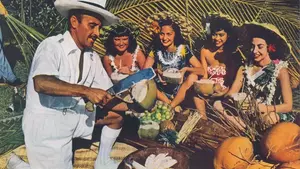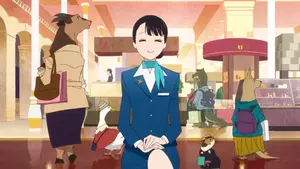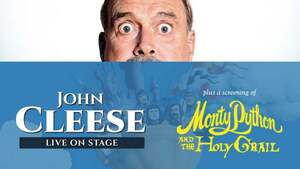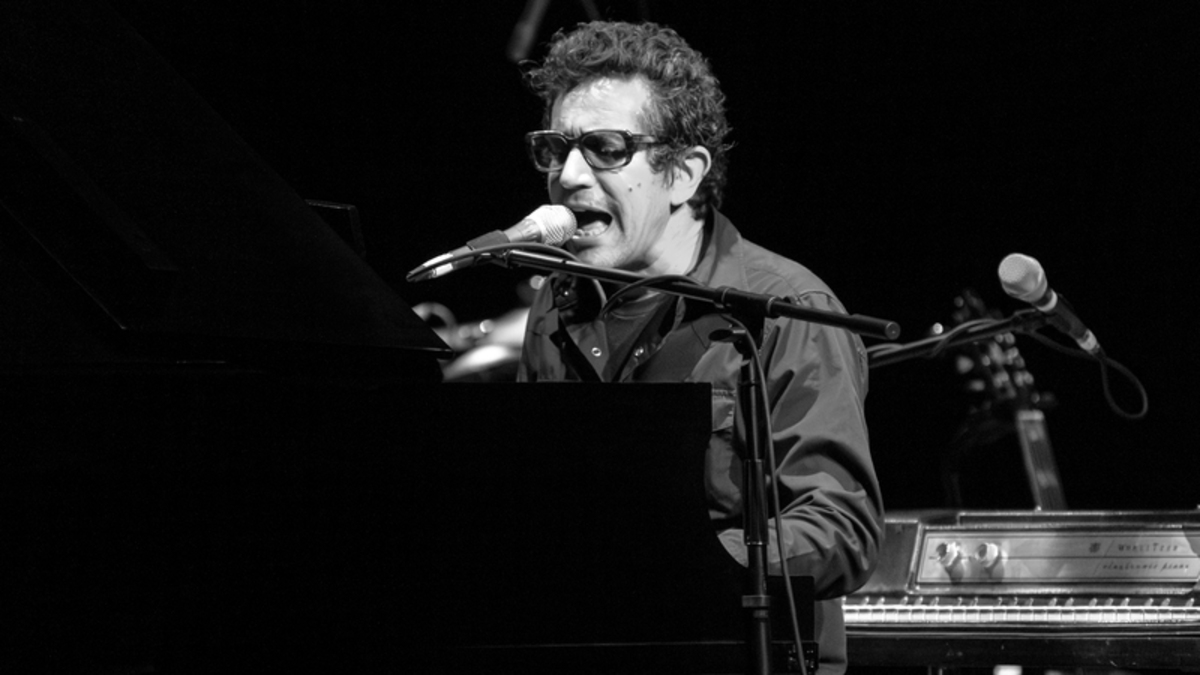
A.J. Croce
by Jeremy Glazier
After a lifetime establishing himself as a prominent musician, A.J. Croce, son of legendary singer songwriter Jim Croce, has created an evening that highlights his work, his father’s work, and the ties that bind them together. During our conversation we discuss how, after establishing himself as an artist, he found a way to perform the music in a way that makes sense and honors a familiar bond through their shared influences. Croce plays Croce is the perfect vehicle for A.J. to showcase it all, and the following interview is an inside look at the origins of this incredible show.
• •
“It’s not about the legacy of one man, but of two.” ~A.J. Croce
Jeremy: For some people who may not know, and correct me if I’m wrong on this, you kind of purposely stayed away from performing your father’s stuff, publicly anyway, in order to establish yourself and your own brand of music. And I’m going to guess that was also kind of a struggle on its own, just to be doing your own thing obviously, with the Croce last name.
A.J.: Yeah, absolutely. I mean it was bittersweet. I think I got opportunities, maybe a couple doors opened, but they don’t stay open unless you have something to back it up with. And I was fortunate, too, that some of my songs had charted. So that, and being used in films and so forth was something that was a positive. But honestly, I was also really involved and have always been involved in his publishing.
About 10 years after I got started, the copyrights reverted, and I had already been doing my own publishing and working with big publishers. And so I was in a very good place after a decade to understand what to do and what not to do with his catalog. And it’s a family thing, so it was a little different than than working my music, but I really was in a good place to be able to contribute to his legacy behind the scenes.
You know, I didn’t feel at that point in my life that there was any integrity in me just playing his stuff. It was something I would do at home sometimes, but it wasn’t until I picked up a guitar in my early thirties and found that, as a piano player, finger style guitar playing was really… it came natural. So it started with playing Sonny Terry and Brownie McGee stuff, and then I learned a little Mississippi John Hurt. And then by that point, that stuff was so similar in a way, I know it doesn’t seem like it, but once you can play “Coffee Blues” or “Salty Dog” or one of those things that John Hurt did, then you can play “Operator,” you know, and you can play other stuff.
So it kind of started that way, and it was also that guitar gave me an instrument that I didn’t know. So I really simplified my songwriting from the music, from the composition perspective. It focused more on words during that period than just on the complicated chords I could see on a piano or that I understood or just went to by inclination.
I think something happened around that time, it was probably 20 years ago now, when I was transferring a bunch of my father’s music from a reel-to-reel to digital, just for archiving’s sake — you know many of his recordings were home recordings that we had. And so this particular tape had all these songs that I had played since I was 12, 13 years old, and they were really obscure tunes by some of the artists I mentioned, but they weren’t the hits. It wasn’t like “Ain’t Misbehaving” by Fats Waller, it was the deep cuts of relatively obscure artists, and we were playing the exact same songs. We chose the same songs to play and I realized we had this connection — the hairs on my neck stood up when I heard that, one song after another. And so I realized we had something in common that I felt could be shared in a way.
I didn’t know exactly how, and then 10 years ago I did a one-off show playing guitar and piano at a small club, at my mom’s place, actually, at Croce’s, to celebrate what would have been his 70th birthday. I saw how happy and engaged the audience was and realized that there was something there that could be really, really amazing if I did it at some point. It took another five years or so before I really came up with this idea of Croce plays Croce, which incorporates my father’s music, my music, and the music that connects us.
And that’s actually a perfect lead in, because I was just going to get into the tour. So is your performance night to night kind of constructed so it tells a story, or is it kind of open? Can you move songs in and out, or are you really trying to tell kind of a specific story with what you’re doing?
I have a lot of flexibility. There’s stories with a lot of the songs and where they came from, where my father got the ideas from or in some cases the influences, where they came from. Whether they were musical or lyrical, for example, something like “Don’t Mess Around With Jim” is sort of a combination of these sort of R&B classics that you would have heard by (Jerry) Lieber and (Mike) Stoller. They wrote for everyone — they wrote for Elvis, they wrote for The Coasters, and they wrote for The Drifters and all these different groups, and they wrote these great character songs. Whether it was “Little Egypt” or “Charlie Brown” or “Smokey Joe’s Cafe” or “Kansas City.”
And then you have this guitar part — you know, my dad growing up on South Street in Philadelphia, especially in his early years, you really heard a lot of different kinds of music — and you hear Jimmy Reed in there, you hear that guitar line that’s so similar, and you know, I’m not giving the introduction to the song right now, I’m just talking to you. The stories that go with these songs can vary night to night just as the set list.
I think one of the most enjoyable things about the show is it’s pretty energetic. I’ve got an amazing band with me, some pretty legendary Grammy-winning musicians (Gary Mallaber on drums, David Barard on bass, and guitarist Garrett Stoner), and we get to really have a lot of fun. Of course we play the hits, but we also play some of the deep cuts that are a lot of fun and that relate to the bigger story. I think, when you ask if there is one story I’m trying to tell, I think it’s a bigger story in a way. It’s not about the legacy of one man, but of two.
And so that is the goal, you know, to entertain the audience. There’s laughing, there’s crying, and there’s singing, there’s stomping, you know, every night is really fun.
And while there’s a limited number of songs of my father’s that I could play, I have 30 years of recording, as well as thousands and thousands of songs that we have in common. So, the set can change. The songs that I might play of mine might change depending on what I’m playing of his, depending on what influence I might draw from to create a unique set.
And having said all that, do you have kind of a favorite time during the show? Maybe not specifically a certain song of either yours or your dad’s or one of the influences, but one that you kind of look forward to just because of the way the audience reacts or how it makes you or the band feel when you’re performing it?
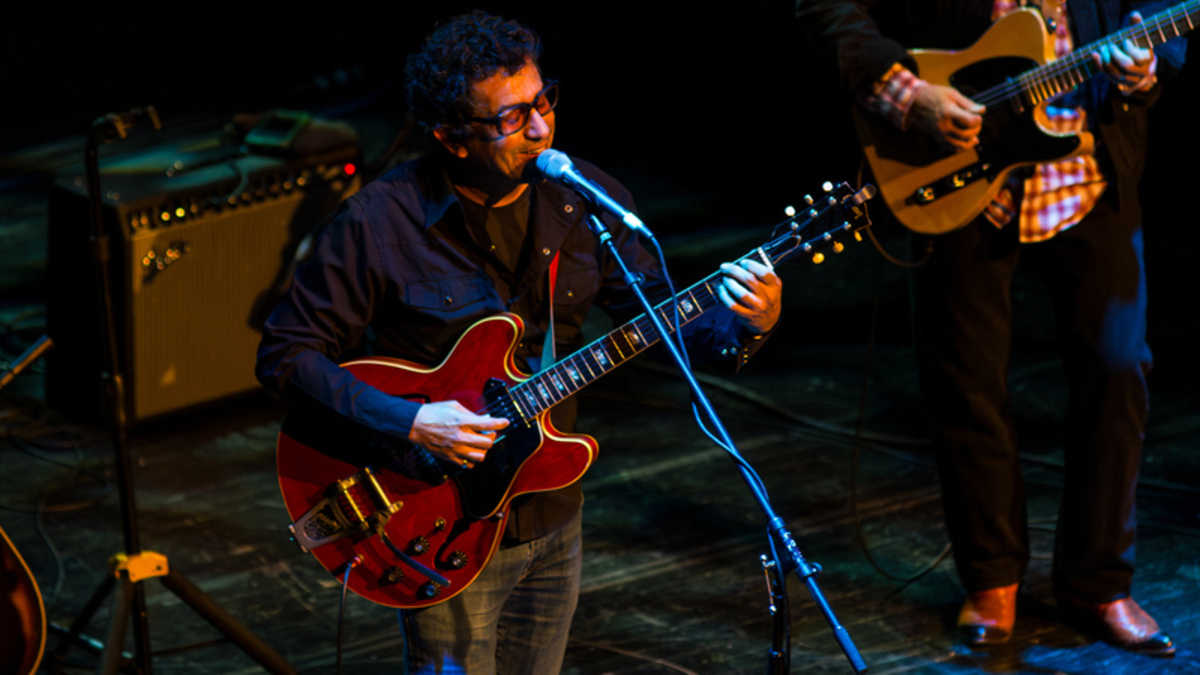
I think there’s a couple factors. First of all, the audience plays a huge role in it. You know, their mood really influences mine. And if it’s an energetic crowd, then it’s a really energetic show. And even if it’s a quiet crowd, it’s still an energetic show, but if they’re into it, then we have this ability to have a far more dynamic performance.
I think any time that I can go off script and make a right turn or left turn somewhere, and I look at the band and they don’t know where I’m going or what’s going to happen, that’s always the fun moment because it keeps the show so eclectic and fun.
Yeah, that’s great. I have to say probably two of my favorite Jim Croce songs that I’ve been listening to for almost 40 years now are “A Long Time Ago,” which I struggled for a super long time to learn to play on guitar, and “Box Number 10,” both on You Don’t Mess Around With Jim and just hitting the 50 year mark last year.
You kind of touched a little bit on the catalog reissue, but I know that BMG put out an anniversary edition, and I was just kind of curious as far as his music, are you able to get involved, do you have any plans to re-release stuff from the catalog, or do anything? I know there was a Record Store Day release last year or 2021, so just curious about that.
Yeah. I’m very involved on a daily basis, even when I’m touring. BMG has been wonderful. So it’s 50 years this year since the second two albums were recorded. You Don’t Mess Around With Jim celebrated 50 years last year, and we did a 50th Anniversary tour with more multimedia and a bigger group with singers and more players and all of this video footage and things like that, which we’ll do again this fall to include all three albums.
They’ll all be released on vinyl, they’ll be released on CD, of course there’ll be streaming digital. This spring we’ll have a release of the the Apple versions of it that are, you know, the three dimensional sound, which is really amazing spatial audio, which I think is pretty nuts, being able to keep things that way and turn your head and hear a different instrument in a different way.
So all through this year, we’ll be celebrating what would have been his 80th year and also what would have been the 50th anniversary of those two albums. You know, his career was very brief. It was 18 months, and so it’s kind of amazing what he accomplished in such a short period of time.
So what’s next for you, then, with your music? What do you have planned?
Well… there’s a lot. I’ll be going into the studio in May to record a new album of originals. I’m always collaborating with different folks, and so to me, that’s always fun. I’m writing a memoir of short stories as well about my life, and it touches a lot on his (Jim Croce), and I’m trying to think what else.
There’s a documentary that someone is making about me. I don’t know where that stands, but I think it’ll be out next year, and it’s taken up most of my time. Between that and being able to, you know, practice everything every day. Stay creative, that’s my job.
• •
Croce Plays Croce has tour dates scheduled through April 2024 on his website, in celebration of the 50th anniversary of Life and Times and I Got a Name as well as the now 51-year-old You Don’t Mess Around With Jim. I covered Croce Plays Croce in April and can confirm that it’s an exciting evening of music that’s full of joy, laughter, and a twinge of nostalgia. ◼
Listen to A.J. Croce on life, music, and Croce Plays Croce on The Art Inside the Craft, and below.
This interview has been edited.

